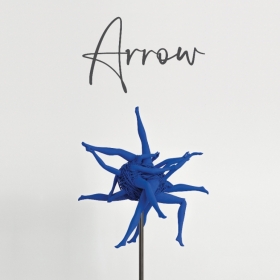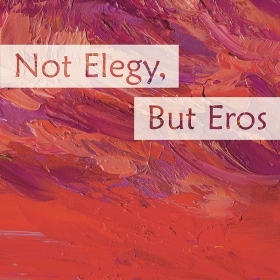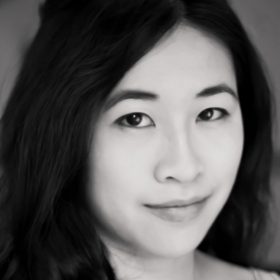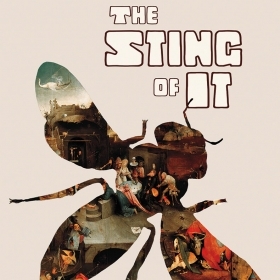Arrow, a mature and self-assured debut collection of poetry by Sumita Chakraborty ’08, offers poems that are fierce in both emotion and intellect as they wrestle with grief, familial violence, and an existential drama that takes on cosmic proportions.

Sumita Chakraborty ’08
Arrow
Alice James Books
100 pages, $17.95
Arrow, a mature and self-assured debut collection of poetry by Sumita Chakraborty ’08, takes its title and epigraph from Frank Bidart: “WORLD / with this ARROW / I thee wed.” The title suggests an intensity—even a furiousness—of form and focus, a wresting of art from and through violence.
The book delivers what the title and epigraph promise: The poems are fierce in both emotion and intellect as they wrestle with grief, familial violence, and an existential drama that takes on cosmic proportions. In one poem, childhood trauma and psychic death are figured through haunting exhibits in a museum of memory. In another poem, the unmaking and remaking of the self is presented as a dramatic monologue by Nyx, the Greek goddess of night: “Was it I who invaded the day, or the day who invaded me? / I do, I undo, I redo.”
Chakraborty holds a Ph.D. in English from Emory University and is currently Helen Zell Visiting Professor in Poetry at the University of Michigan at Ann Arbor. An essayist and scholar in addition to being a poet, her critical and scholarly turn of mind comes through in poems that mix lyricism with erudition.
These poems speak with a voice that is confident and magisterial, capable of both lyric intensity and epic grandeur. One of the centers of gravity in the book is a long and complex elegy for Chakraborty’s sister that stretches over 11 pages. Her sister’s name, Priya, translates to the poem’s title: “Dear, Beloved.” “Sister, when you died,” she writes, “your bones cast an enchantment.” That enchantment informs the poem as it moves between myth, fable, and dream vision (a genre known as visio): “When I picture us as girls, we are at the base / of the mountain from my visio, divining the summit / as we diminish into spots of light.” Grief and human passions become epic and elemental, with mountains, lakes, animals, and even celestial bodies bearing witness to the magnitude of the loss. In its scope and ambition, the poem is reminiscent of the great elegiac tradition that includes Milton’s “Lycidas” and Tennyson’s “In Memoriam.”
Arrow has already garnered praise from NPR, the New York Times, and the Guardian. Although the book takes “the origin story of pain” as subject matter, the poetry is triumphant: “loss / gains suddenly in emphasis / and brilliant sadness.” The arrow brilliantly finds its mark.
Nausheen Eusuf ’02 is a poet and author of Not Elegy, But Eros. Visit her online at www.nausheeneusuf.com.


